There is one word which may serve as a rule of practice for all one's life - reciprocity
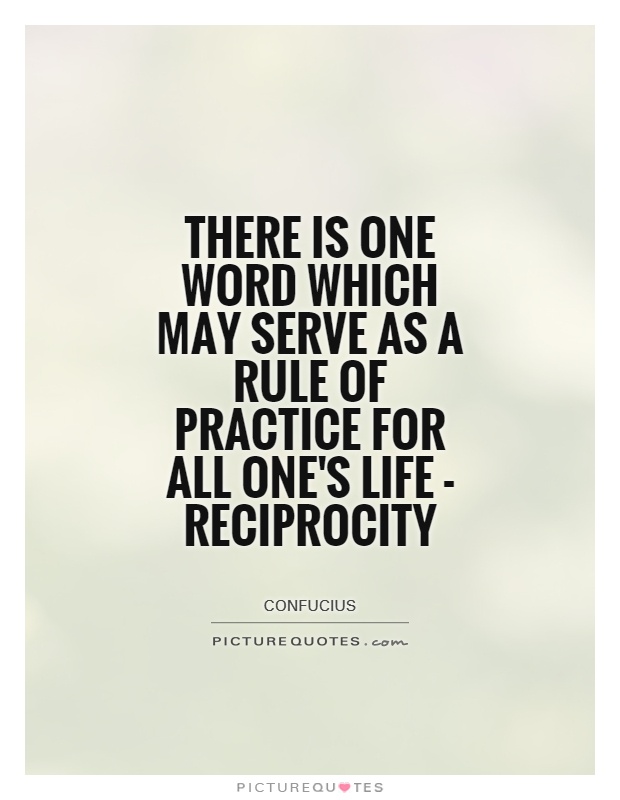
There is one word which may serve as a rule of practice for all one's life - reciprocity
Reciprocity is a fundamental concept in Confucian philosophy, and it is often referred to as the Golden Rule of Confucianism. The idea of reciprocity is deeply ingrained in Confucian teachings and serves as a guiding principle for ethical behavior and social harmony.Confucius believed that reciprocity is the key to maintaining harmonious relationships with others. He emphasized the importance of treating others with kindness, respect, and compassion, and he believed that these virtues should be reciprocated in return. In the Analects, Confucius famously stated, "What you do not wish for yourself, do not do to others." This simple yet profound statement encapsulates the essence of reciprocity in Confucian ethics.
For Confucius, reciprocity is not just about treating others the way you want to be treated; it is also about cultivating a sense of empathy and understanding towards others. By putting oneself in the shoes of others and considering their feelings and perspectives, one can develop a deeper sense of compassion and connection with others. This sense of empathy is essential for building strong and meaningful relationships based on mutual respect and understanding.
Reciprocity also plays a crucial role in maintaining social order and harmony in Confucian society. Confucius believed that individuals have a moral obligation to contribute to the well-being of society and to uphold the values of benevolence, righteousness, and propriety. By practicing reciprocity in their interactions with others, individuals can create a virtuous cycle of kindness and goodwill that benefits the entire community.

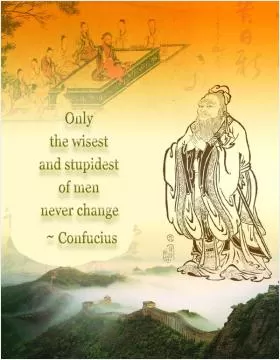
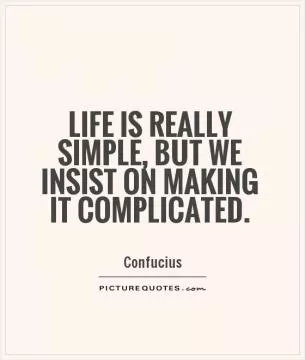



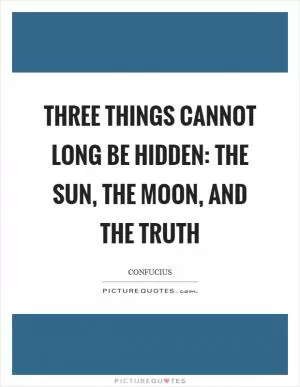
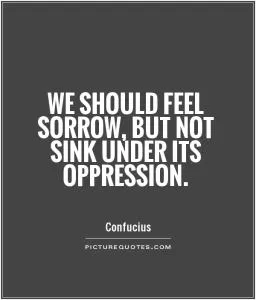




 Friendship Quotes
Friendship Quotes Love Quotes
Love Quotes Life Quotes
Life Quotes Funny Quotes
Funny Quotes Motivational Quotes
Motivational Quotes Inspirational Quotes
Inspirational Quotes